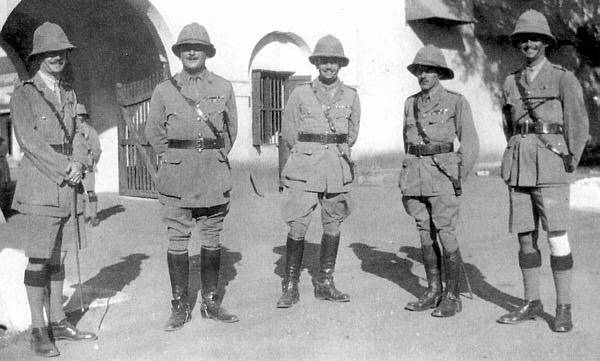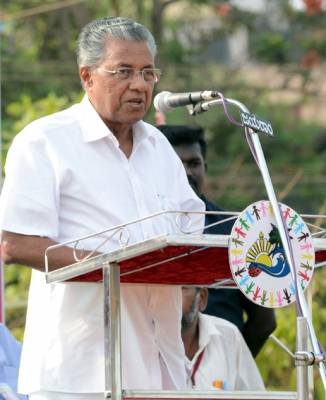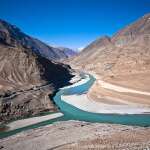M.G.S. Narayanan, who was the chairman of ICHR from 2001-03 reacting to the decision by the former body that he headed, said this is nothing but politically motivated…reports Asian Lite News
With the news that popular leaders of the Malabar Rebellion like Variyamkunnath Kunjahammed Haji and Ali Musaliar, along with 387 other leaders of the pre-independence agitation, are set to be removed from the ‘Dictionary of Martyrs of India’s Freedom Struggle’, jointly published by the Ministry of Culture, Government of India and Indian Council of Historical Research (ICHR), a former chairman said that the decision is nothing but political.
M.G.S. Narayanan, who was the chairman of ICHR from 2001-03 reacting to the decision by the former body that he headed, said this is nothing but politically motivated.
“What must not be forgotten is such acts by this organisation will affect its credibility,” said the now 88-year-old veteran historian.
The fresh decision that it’s going to be removed came after the review of it by a three member panel, which has now reportedly stated that the Malabar Rebellion was not an independence struggle but focused on religious conversions.
Incidentally, it was just the other day that top RSS leader Ram Madhav raked up the issue that the national leadership is aware of the correct history and therefore, it will not give any space to such Talibani or separatist forces to create violence or divide people in the country, be it Kashmir or Kerala.
The 1921 Moplah rebellion is also known as the Malabar rebellion.
History says this was an armed revolt staged by the Mappila Muslims of Kerala against the British authorities and their Hindu allies in 1921.
The six-month-long rebellion led to the loss of about 10,000 lives, out of which 2,339 were rebels.

This is often perceived to be one of the first cases of nationalist uprisings in southern India.
But for long this topic remained highly debated among historians, as to what the real motive of the revolt was and it’s here that Madhav while speaking at an event at Kozhikode, last week in remembrance of the victims of the violence during the 1921 rebellion in Kerala, raised it.
For long the BJP/RSS here has been raising this issue and former Kerala BJP president Kummanam Rajasekharan has been vehemently campaigning that the Malabar rebellion of 1921 was the first case of Jihadi massacre in the state. He said that to consider the large scale murder of Hindus to be part of the freedom struggle is an insult to history.
Reacting to the latest news of the removal was the top Indian Union Muslim League leader and member of the revered Panakkad family, Sadiq Ali Shihab Thangal who said that it’s most unfortunate that things which have been etched in the history of the state are being tampered with.
“It’s ok if one doesn’t accept history, but it should not be despised. Who does not know what this movement was and every top political leader here has said about its relevance and it includes great leaders like EMS Namboodiripad,” said Thangal.
But BJP national vice-president A.P. Abdulla Kutty said Variyamkunnath Kunjahammed Haji can be termed as the first leader of Kerala’s Talibanism.
“Can anyone forget that one of the affected at that time when this happened was none other than EMS Namboodiripad, who had to flee from his place,” said Abdulla Kutty.














